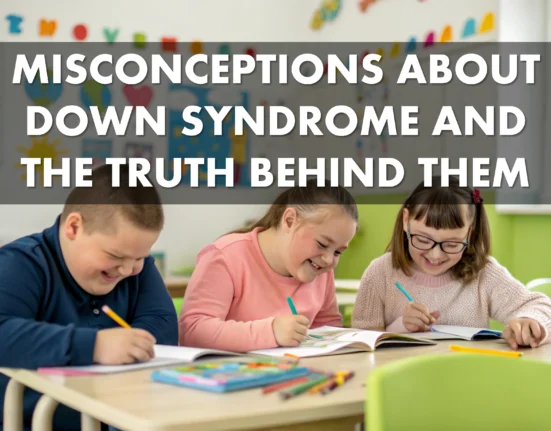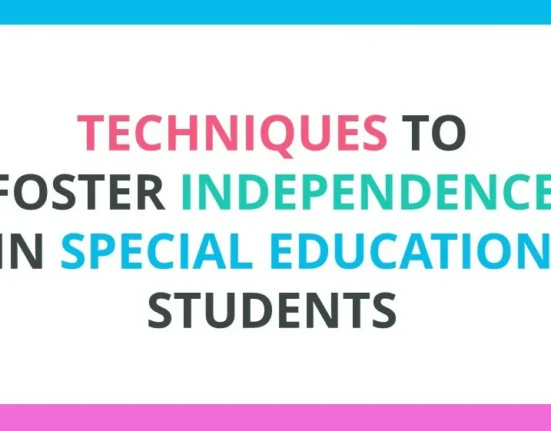Special education extends beyond academic learning; it aims to prepare students for daily life by teaching essential practical skills. This article explores various crucial life skills for students in special education, offering practical examples and targeted themes for each skill.
What Are Life Skills in Special Education?
Life skills in special education are essential abilities that students need to acquire to lead independent and fulfilling lives. These skills encompass a wide range of areas, from personal hygiene and meal preparation to money management and social communication. They are designed to help students become more self-reliant and better integrated into society.
Why Are Life Skills Important for Special Needs Students?
Life skills are particularly crucial for special needs students as they help develop independence, self-confidence, and the abilities necessary to navigate the world independently. By learning these skills, students can participate more fully in daily life, improve social interactions, and prepare for future transitions, such as moving from school to adult life.
Important Life Skills in Special Education
Here are some of the most important life skills to teach in special education, along with practical examples and targeted themes for each skill.
- Personal Hygiene
Importance: Maintaining good personal hygiene is essential for physical health and emotional well-being. Students learn to take care of their bodies, which promotes self-confidence and social interactions.
Practical Examples:
- Teaching the steps of handwashing.
- Demonstrating how to brush teeth properly.
- Creating bath and toilet routines tailored to each student.
Targeted Themes:
- Use of visual aids for hygiene steps.
- Incorporating songs or rhymes to make routines fun.
- Regularly scheduled practical sessions.
- Meal Preparation
Importance: Knowing how to prepare simple meals helps students become more independent and make healthy food choices.
Practical Examples:
- Teaching how to make a sandwich or salad.
- Learning to safely use basic kitchen utensils.
- Planning and preparing simple meals together in class.
Targeted Themes:
- Food safety and kitchen hygiene.
- Importance of a balanced diet.
- Involving students in meal planning.
- Money Management
Importance: Understanding the value of money and how to manage it is essential for future independence.
Practical Examples:
- Role-playing to teach purchasing simple items.
- Creating budget exercises for specific activities.
- Teaching how to count change and use a calculator.
Targeted Themes:
- Introduction to basic concepts of saving and spending.
- Use of visual aids like budget charts.
- Practical projects such as managing a small classroom store.
- Transportation and Mobility
Importance: Learning to use public transportation or navigate safely is crucial for autonomy.
Practical Examples:
- Practicing bus or subway routes with supervisors.
- Teaching how to read transport schedules and maps.
- Simulating travel scenarios to practice asking for help and problem-solving.
Targeted Themes:
- Road safety and appropriate behavior on public transport.
- Using mobile apps for route planning.
- Encouraging regular practice of travel skills to build confidence.
- Social Communication
Importance: Social communication skills are essential for interacting with others and building positive relationships.
Practical Examples:
- Role-playing to practice common social situations.
- Teaching facial expressions and body language.
- Using social stories to explain appropriate behaviors in different situations.
Targeted Themes:
- Developing the ability to express needs and emotions.
- Practicing active listening and appropriate responses.
- Strengthening verbal and non-verbal communication skills.
Conclusion
Teaching life skills in special education is crucial for preparing students for an independent and fulfilling life. By integrating these skills into the curriculum, educators can help students develop independence, self-confidence, and the ability to navigate the world successfully. Each skill discussed in this article is a step towards the autonomy and well-being of students in special education.
Feel free to share your own experiences and strategies in the comments below. Together, we can create an inclusive and supportive learning environment for all students.






